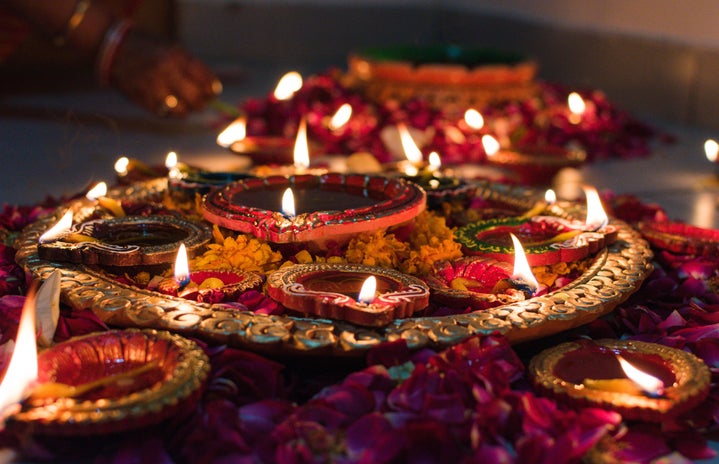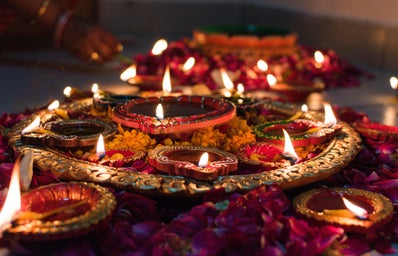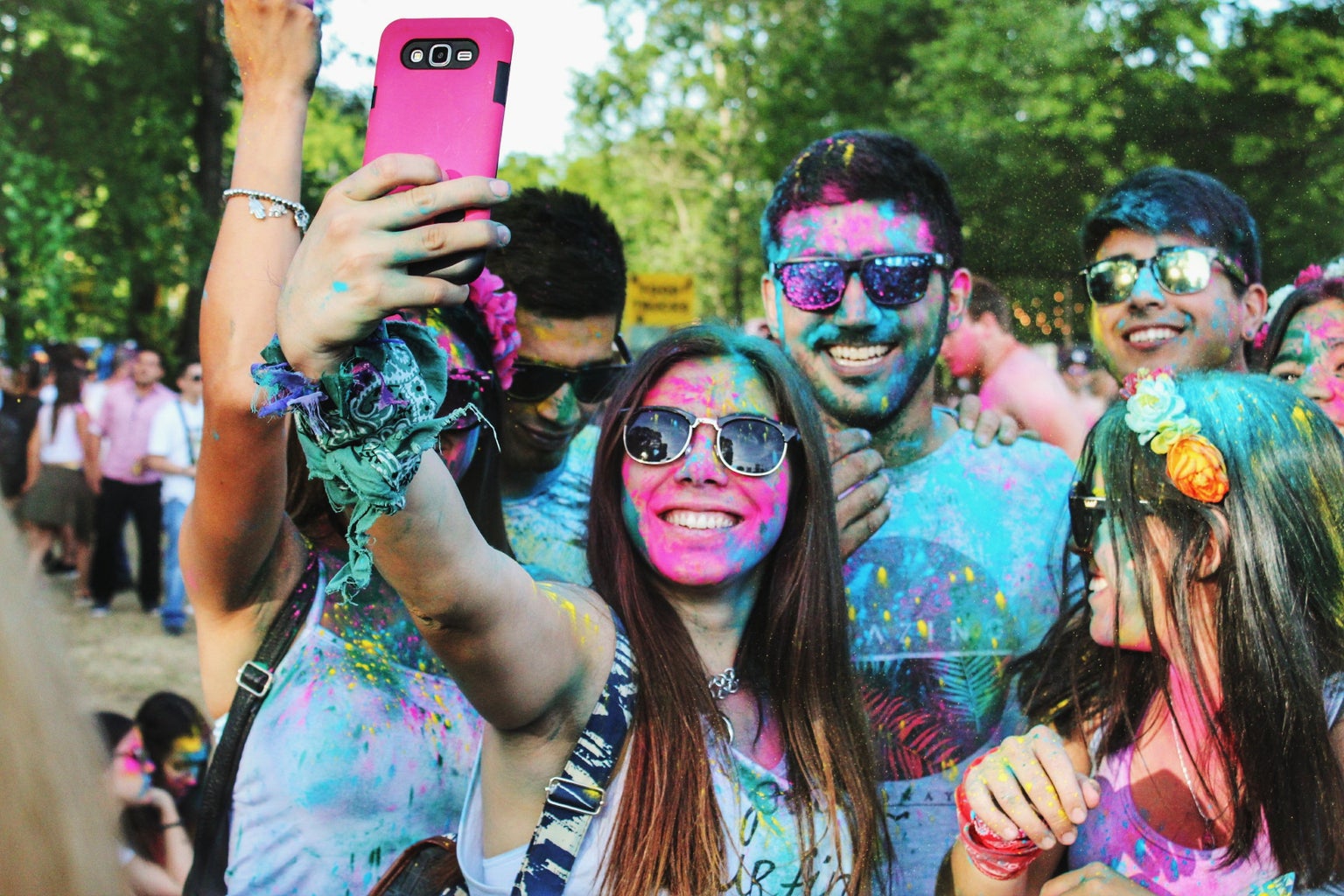FESTIVE RESPONSIBILITY
As fall settles into our homes, infusing the air with its sweet fragrance, we are reminded of the approaching festival season. This time of year invites a sense of excitement, urging us to embrace our inner child and relish the joys that life has to offer as the year draws to a close. Festivals are a celebration of life, a moment to pause and appreciate the beauty surrounding us. Yet, these cherished moments are no longer just an escape from our routines; they are evolving into powerful platforms for awareness and social change.
In recent years, festivals have transformed from mere occasions for leisure into vibrant arenas for reflection and action. With each celebration, we are presented with an opportunity to address critical issues such as environmental responsibility and gender equality. What once may have been a backdrop for indulgence now serves as a call to action, urging us to engage with the world around us. Whether it’s advocating for eco-friendly practices during Diwali or promoting inclusivity during Holi, these festivals encourage us to acknowledge the social evils that persist in our communities. They inspire us to look beyond our enjoyment and consider the collective well-being of society.
1. DIWALI: As Diwali approaches, the once joyous tradition of fireworks is now a source of concern due to its impact on air pollution and the distress it causes to animals. The air quality often deteriorates during this festive season, with reports highlighting spikes in respiratory issues and hospital visits related to pollution. Organizations and activists emphasize the need to replace harmful practices with alternatives such as lighting diyas(earthen lamps), using decorative lights, and creating colourful rangoli designs. young activists in cities like Ludhiana have led initiatives to reduce air pollution by advocating for the use of traditional oil lamps, eco-friendly rangoli, and green decorations. Some neighbourhoods have organized “No Crackers” campaigns, encouraging families to adopt cleaner and greener celebrations, which have seen considerable local participation. By choosing to celebrate Diwali responsibly, we not only protect our planet but also ensure that the spirit of joy and togetherness remains untainted by the consequences of pollution.
2. HOLI: Many communities are now advocating for the use of natural colours over synthetic ones, which can harm both health and the environment. According to a report by the National Green Tribunal, during Holi 2020, an estimated 6 million litres of water were wasted in several cities due to water-based festivities, highlighting the urgency of the problem. Campaigns encouraging eco-friendly practices have gained momentum, urging participants to be mindful of their impact on water resources, especially in regions facing scarcity. Reports of harassment during large gatherings have prompted discussions about creating safer spaces for all participants. An increase of 170% in assaults against women during Holi compared to otherwise similar days has been observed. Initiatives like “Safe Holi” promote respectful behaviour and encourage bystanders to intervene when witnessing inappropriate actions.
3. RAKSHA BANDHAN: Raksha Bandhan, traditionally celebrated as a bond of protection between brothers and sisters, has increasingly become a platform for advocating gender equality. While the festival symbolizes love and responsibility, it also highlights the disparities that persist in gender dynamics. Recent campaigns encourage a shift in perspective, urging brothers and sisters to view their relationship as a partnership rooted in mutual respect and shared responsibilities. By reimagining the meaning of Raksha Bandhan, families are embracing the idea that true protection involves advocating for each other’s rights and opportunities.
4. DURGA PUJA: Durga Puja, a festival celebrating the victory of the goddess over evil, has increasingly become a powerful symbol of women’s empowerment and social justice. Events like “Shakti” during Durga Puja emphasize the importance of women’s rights and safety. Workshops, discussions, and performances focus on empowering women and challenging societal norms. Initiatives encourage attendees to reflect on the role of women in both mythology and modern society, fostering a dialogue about the need for equality and respect. We can incorporate its symbolism of empowerment and justice by supporting women in our everyday lives, such as advocating for their rights at work or addressing gender biases in our communities. Simple actions, like calling out sexism or supporting women’s safety initiatives, extend the festival’s spirit into daily life.
5. DUSSHERA: Dusshera symbolizes the victory of good over evil, and it has taken on new meanings in contemporary discussions about overcoming personal and societal darkness. The festival has inspired movements addressing social evils, including gender discrimination and mental health issues. Campaigns urging individuals to reflect on their own biases and prejudices have emerged, prompting a societal reckoning. Embodying the message of good triumphing over evil can mean actively confronting social evils—whether through personal introspection or addressing mental health stigmas.
As we immerse ourselves in the festivities, we must remember that these celebrations can be both joyous and transformative. They remind us that while it is important to savour the sweetness of life, it is equally essential to use our voices and actions to foster change. The festival season thus becomes a blend of joy and responsibility, urging us to celebrate not only the richness of our traditions but also our shared humanity. In this reflective space, we can cultivate awareness, inspire action, and truly honour the spirit of the season by making a positive impact in our communities.




